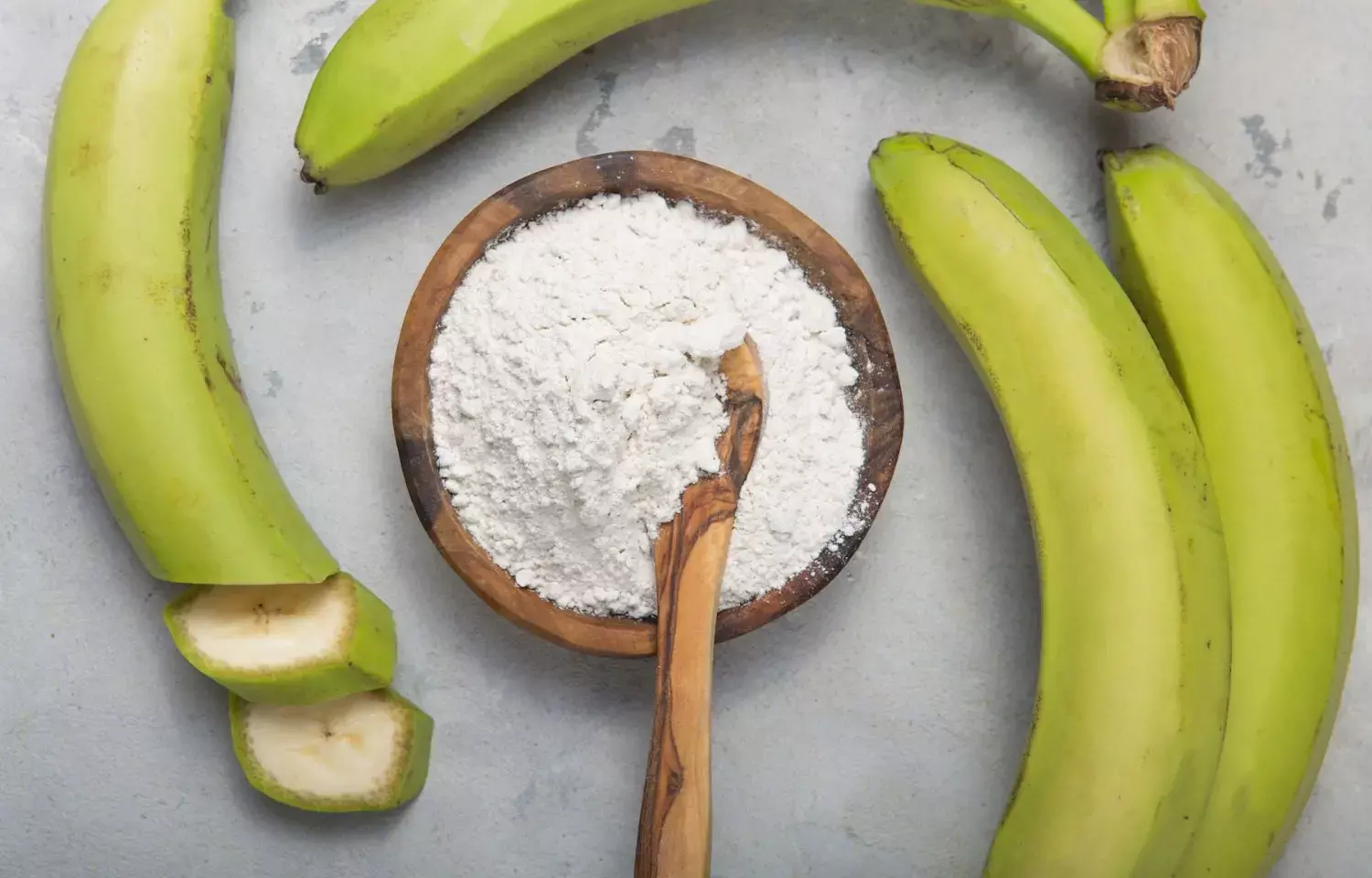- Home
- Medical news & Guidelines
- Anesthesiology
- Cardiology and CTVS
- Critical Care
- Dentistry
- Dermatology
- Diabetes and Endocrinology
- ENT
- Gastroenterology
- Medicine
- Nephrology
- Neurology
- Obstretics-Gynaecology
- Oncology
- Ophthalmology
- Orthopaedics
- Pediatrics-Neonatology
- Psychiatry
- Pulmonology
- Radiology
- Surgery
- Urology
- Laboratory Medicine
- Diet
- Nursing
- Paramedical
- Physiotherapy
- Health news
- Fact Check
- Bone Health Fact Check
- Brain Health Fact Check
- Cancer Related Fact Check
- Child Care Fact Check
- Dental and oral health fact check
- Diabetes and metabolic health fact check
- Diet and Nutrition Fact Check
- Eye and ENT Care Fact Check
- Fitness fact check
- Gut health fact check
- Heart health fact check
- Kidney health fact check
- Medical education fact check
- Men's health fact check
- Respiratory fact check
- Skin and hair care fact check
- Vaccine and Immunization fact check
- Women's health fact check
- AYUSH
- State News
- Andaman and Nicobar Islands
- Andhra Pradesh
- Arunachal Pradesh
- Assam
- Bihar
- Chandigarh
- Chattisgarh
- Dadra and Nagar Haveli
- Daman and Diu
- Delhi
- Goa
- Gujarat
- Haryana
- Himachal Pradesh
- Jammu & Kashmir
- Jharkhand
- Karnataka
- Kerala
- Ladakh
- Lakshadweep
- Madhya Pradesh
- Maharashtra
- Manipur
- Meghalaya
- Mizoram
- Nagaland
- Odisha
- Puducherry
- Punjab
- Rajasthan
- Sikkim
- Tamil Nadu
- Telangana
- Tripura
- Uttar Pradesh
- Uttrakhand
- West Bengal
- Medical Education
- Industry
Resistant starch reduces risk of Lynch syndrome-related cancer: Study

UK: A new study found that the resistant starch has a protective effect against non-colorectal cancer for patients with Lynch syndrome. The article was published in the Cancer Prevention Research.
Lynch syndrome is a hereditary non-polyposis colorectal cancer (HNPCC) syndrome with a population prevalence of approximately 2% to 3%. Lynch syndrome is associated with an increased risk of colorectal cancer and with a broader spectrum of cancers, especially endometrial cancer. Resistant starch is found in a wide range of foods such as oats, breakfast cereal, cooked and cooled pasta or rice, peas and beans and slightly green bananas. It is a type of carbohydrate that isn't digested in the small intestine, instead, it ferments in the large intestine, feeding beneficial gut bacteria. It has several health benefits and fewer calories than regular starch. Epidemiology and other evidence have suggested that resistant starch may help in preventing the development of colon cancer. Previous studies have shown that aspirin reduced cancer of the large bowel by 50%.
John M, Newcastle University, UK and his team conducted the CAPP2 trial to investigate the long-term effects of aspirin and resistant starch on cancer incidence in patients with Lynch syndrome (LS).
Researchers randomized Participants with LS to 30 g RS daily(n-463) or placebo(n- 455)for up to 4 years. The team analysed long-term cancer outcomes based on the planned 10-year follow-up from recruitment, supplemented by National Cancer Registry data to 20 years.
Key findings of the study data,
• After up to 20 years follow-up, there was no difference in colorectal cancer incidence (n = 52 on resistant starch vs n = 53 on placebo) but fewer participants had non-colorectal LS cancers in those randomized to RS (n = 27) compared with placebo (n = 48)in an intention-to-treat (ITT) analysis [HR-0.54; P = 0.010].
• ITT analysis confirmed the protective effect of RS against non–colorectal LS cancers. These effects were particularly pronounced for cancers of the upper GI tract; with 5 diagnoses in those on RS versus 21 diagnoses on placebo.
• The reduction in non–colorectal LS cancers was detectable in the first 10 years and continued in the next decade.
• For colorectal cancer, ITT analysis showed no effect of RS on colorectal cancer risk (HR-0.92).
• There was no interaction between aspirin and RS treatments.
The authors conclude that 30 g daily RS is shown to have a substantial protective effect against non–colorectal cancer cancers for patients with LS. Regular bowel screening and aspirin reduce colorectal cancer among patients with LS but extracolonic cancers are difficult to detect and manage.
The study suggests that RS reduces morbidity associated with extracolonic cancers.
Reference:
Mathers JC, Elliott F, Macrae F, Mecklin JP, Möslein G, McRonald FE, Bertario L, Evans DG, Gerdes AM et al. Cancer Prevention with Resistant Starch in Lynch Syndrome Patients in the CAPP2-Randomized Placebo Controlled Trial: Planned 10-Year Follow-up. Cancer Prev Res (Phila). 2022 Jul 25:OF1-OF12.https://doi.org/10.1158/1940-6207.CAPR-22-0044
BDS
Dr. Hiral patel (BDS) has completed BDS from Gujarat University, Baroda. She has worked in private dental steup for 8years and is currently a consulting general dentist in mumbai. She has recently completed her advanced PG diploma in clinical research and pharmacovigilance. She is passionate about writing and loves to read, analyses and write informative medical content for readers. She can be contacted at editorial@medicaldialogues.in.
Dr Kamal Kant Kohli-MBBS, DTCD- a chest specialist with more than 30 years of practice and a flair for writing clinical articles, Dr Kamal Kant Kohli joined Medical Dialogues as a Chief Editor of Medical News. Besides writing articles, as an editor, he proofreads and verifies all the medical content published on Medical Dialogues including those coming from journals, studies,medical conferences,guidelines etc. Email: drkohli@medicaldialogues.in. Contact no. 011-43720751


